The good news first! International aid for basic education has increased from 2008 to 2009 to reach around US$ 5.6 billion reports the Education for All (EFA) Global Monitoring Report’s team in their findings on trends in aid to education from 2002 to 2009. The sad news is that this increase is insufficient for the 67 million children who are still out of school. Out of this US$ 5.6 billion, only around US$ 3 billion has gone to the poorest countries which need US$16 billion annually to achieve the EFA targets by 2015 creating a considerable shortfall of US$ 13 billion.
This increased aid is inadequate and very unreliable as well. About 55% of the increase came from loans from the IMF and the World Bank in 2009 that increased their lending as a response to the global financial crisis. The downside of this is that loans have to be eventually repaid and increased disbursements in response to the financial meltdown are likely to be unsustainable. What is also disturbing is that important donors like Netherlands and the United States are likely to reduce their funding for global education. Netherlands’ new development aid policy focuses on security and order, water, food security, and sexual and reproductive health and rights. For the United States, there are current plans to cut the federal budget which will adversely affect funds for foreign aid. All this only seems to spell low aid for basic education in the future with further deficits for the poorest countries to meet their EFA targets.
Only a handful of 4 countries, viz., India, Ethiopia, Pakistan, and Vietnam have benefitted from over 80% of increase in aid to basic education, implying that this skewed pattern of funding could hold back progress for Education for All for the world’s poorest countries. The poorest countries in Asia and Sub-Saharan Africa are far from reaching the Education for All goals and the anticipated reduced aid from Netherlands and the United States, their donors creating overdependence on a single bilateral donor, the U.K., could have a crippling effect on their progress.
Education is the right of every child. Governments, civil society and the international fraternity need to work harder and in harmony to provide every child with a good and quality education. Consistent and effective efforts have to be made to increase aid for basic education, raise sustainable sources of funding for education, and to ensure fair allocation of education aid amongst recipients keeping in mind the larger needs of the poorest countries. On November 8th, the 1st Pledging Conference of the Global Partnership for Education with representatives from developing country governments, bilateral and multilateral agencies, civil society organisations and private foundations gathered in Copenhagen, Denmark to make financial and policy commitments to achieve quality basic education for all children. With education aid well below its target, this is a welcome and timely step. At the Conference, donors pledged more than US $1.5 billion for the Global Partnership for Education from 2011-2014, and made a commitment to increase bilateral education aid and improve its effectiveness over the next 3 years. While developing country partners pledged to raise domestic funding for basic education by more than US$ 2 billion and committed to improve education access and quality, international organisations such as UNICEF, UNESCO and the World Bank pledged their organisational leadership and financial resources to support the goals of the Global Partnership. For the 67 million children deprived of an education, these pledges represent hope and a future that they have longed for and is rightfully theirs.
—————-
Sources:
http://www.unesco.org/new/en/education/themes/leading-the-international-agenda/efareport/specials/aid-to-education-2011/
http://www.globalpartnership.org/replenishment/gpe-pledging-conference-november-2011/
http://efareport.wordpress.com/2011/11/04/more-money-needed-to-get-all-children-into-school-by-2015/
